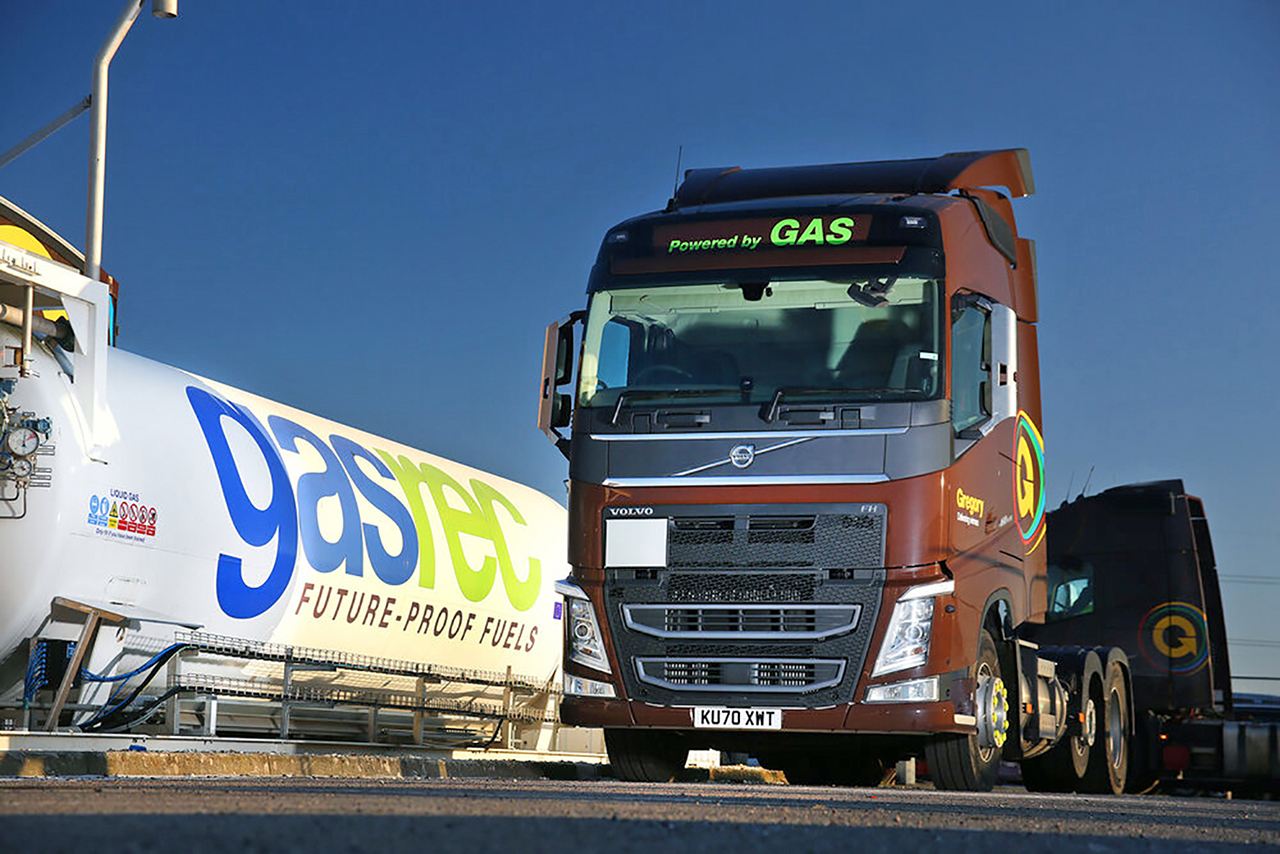The Fuel stories: No alternatives?
The distress caused by rising fuel prices on transportation is a chilling reminder that we are far behind in finding the right alternatives
As a kid, I was always fascinated by the fact that a tiny fraction of a drop of fuel can sustain one full combustion cycle in an IC engine. As a grown-up man paying fuel bills today, the only thing I wonder about fuel is this – “how come its prices are always on fire?” Fuel prices hardly come down, even when international crude oil prices dipped negative to sub-zero level around mid-last year – one of the rarest events that happened in the oil industry post World War II! There’s no mystery here, we all know that the taxation on fuels is a ‘nasty’ cash cow assigned to fill the coffers of the governments. The users, and the ensuing inflation, are all just collateral damages!

Last month when the government drew flak for its irrational fuel pricing policy, union minister Nitin Gadkari diverted criticism by declaring that the “ache din” has finally arrived for alternative fuels. Strangely, he suggested electricity as an alternative fuel for people to embrace at this juncture. I think what he would have meant is that the running cost of electricity is comparatively lower than that of diesel or petrol. He must have had e-scooters and electric cars (there aren’t many, only six models available in the market at present) in mind while making that suggestion, all in good faith I sincerely hope. Because otherwise, his statement might sound just like the famed “Let them eat cake” comment attributed to French queen Marie Antoinette, when she was told that her subjects were starving as they were unable to afford bread!
Switching to an EV is no easy-peasy. Not even for scooter or car buyers, given that their buying costs are significantly higher and options very limited, in addition to charging and range constriants. For commercial vehicle buyers, the efficacy of the EV technology is in itself a big bummer. Battery weight continues to take a huge dip in payload and running range, that’s why there is absolutely no electric truck (not even mini-trucks or pick-ups) available in production form in India at present. So, thinking electric at times of distress caused by fuel prices doesn’t actually make sense to a majority of automotive buyers in the country, certainly for commercial transporters. EVs are more of a long shot, perhaps, but now is still not the best time.
Does that mean that there are no alternatives to diesel and petrol? From a commercial vehicle standpoint, there are, but neither simple nor immediate. They have to be diligently worked out, backed by policy support and government incentives, active participation of manufacturers and suppliers, and alacrity on part of transporters to experiment and improve. To start with, the most immediate alternative fuel to diesel can be CNG. It is a versatile and flexible fuel, which can be adapted to any CV irrespective of its application or engine capacity, not just buses or SCVs, even for heavy trucks. Plus, it is a relatively greener and cheaper (given the subsidies) substitute for diesel.
Next is bio-fuels. Despite remarkable scope and potentials, India has done poorly in developing and marketing bio-fuels, especially bio-diesel and bio-CNG from non-edible (2G) and municipal waste sources (3G). As per National Biofuel Policy (NBP) of 2008, our target was 20 percent blending of ethanol in petrol and diesel by 2017, but we could achieve only 2 and 0.5 percent respectively. Yet another recourse to looming fuel distress is hybridization of engines with stringent fuel efficiency standards. Frankly, too much curiosity and policy discussions on EVs in the last decade has robbed us our much-need attention from bio-fuels and hybrid engine technologies. India’s vision intrinsically lacks the imagination of hybrids, which are very much part of sustainable mobility and transport solutions across the globe.
More so for diesel vehicles, hybrid technologies are easily adaptable and flexible to suit any application or engine requirements. Even a simple start-stop system or a cylinder deactivation system can make a huge difference in heavy vehicles, while advanced multi- or flexi-fuel engines or diesel-electric hybrids can significantly bring down the running costs and emission levels, in comparison to regular diesels. On the whole, we have a long way to go in developing sustainable alternatives to conventional fuels. Inflationary pricing of fuels is here to stay for the decades to come, so it’s high time we invest on alternative fuel solutions and hybrid technologies. It’s now or never.
I’d love to know what you think, email your views to dhiyanesh@motorindiaonline.in